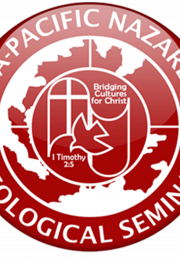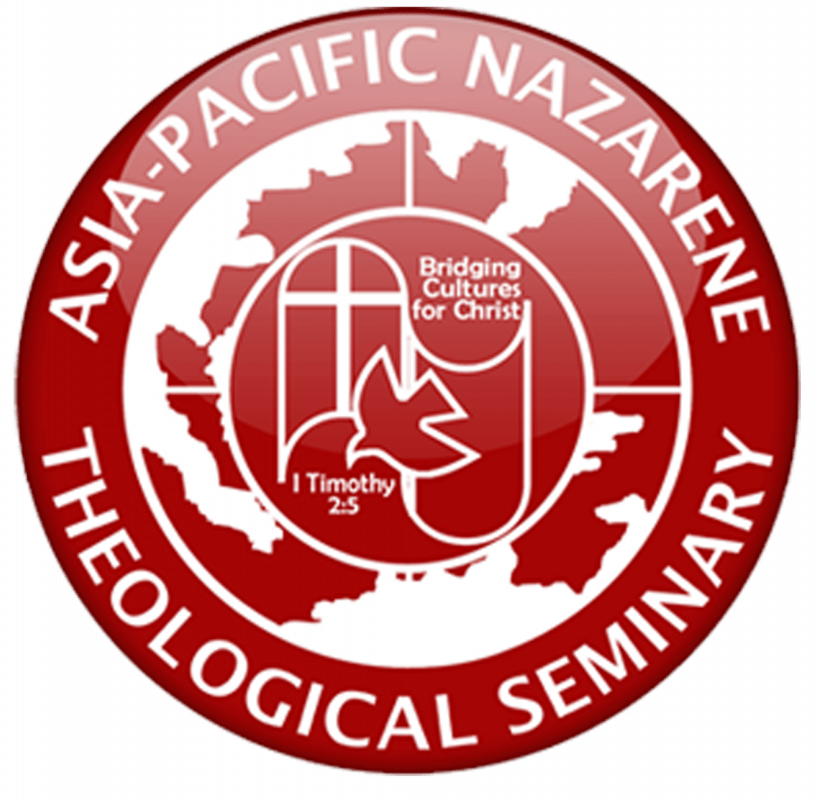- Resource Types
- Resource Languages
- Institutional Repository
About Site Language
WHDL is viewable in multiple languages. Use the pull-down menu to select a language to view the site.
I changed my language, but I’m still seeing resources in the other languages?
If a resource or text has not been translated into your selected language, it will appear in the initially added language. We are always looking for help translating these resources. If you can help, contact us!
WHDL - 00014406


click to copy
Sagud, R (2020). Awareness and response of Wesleyan ministers in Pangasinan to climate change: basis for mitigation and adaptation framework .
Sagud, RheynilAwareness and response of Wesleyan ministers in Pangasinan to climate change: basis for mitigation and adaptation framework . , 2020
Sagud, RheynilAwareness and response of Wesleyan ministers in Pangasinan to climate change: basis for mitigation and adaptation framework . , 2020
Sagud, RheynilAwareness and response of Wesleyan ministers in Pangasinan to climate change: basis for mitigation and adaptation framework . , 2020
The problem dealt with the awareness and response of Wesleyan Ministers in Pangasinan to climate change in order to develop a climate change mitigation and adaptation framework.
The respondents of this study were 79 Pastors who are duly recognized by the Wesleyan Church through the District Conference as ministers. The Wesleyan Church flourished in different municipalities in Pangasinan and there are two Superintendents looking after the churches and the ministers in the area. Through the permission of the Superintendents the questionnaires were given to all ministers in the area.
The descriptive survey method was used with the questionnaire as the main instrument in collecting the data. All the data were consolidated and were analyzed by the official statisticians of Pangasinan State University, School of Advanced Studies. Frequency counts and percentages were used to address the stated problems in the study.
Based on the gathered data, the researcher found the following: There is almost an equal representation between male and female ministers but still dominated by male ministers. Most of the ministers are college graduate and a handful of the ministers took further studies after college. Most of the respondents are ordained ministers and the greater number of ministers is just in their first to fifth year of ministry. Furthermore, most of the respondents have at least one vehicle and most of them are enjoying the benefits of using four or more appliances at home. Most and more than half of Wesleyan ministers have never attended a climate change seminar sponsored by the church and that almost all ministers have never attended Government-sponsored climate change seminars.
The respondents identified eleven causes of climate change wherein pollution has the highest percentage and over population has the lowest percentage. There are only two causes of climate change known by at least majority of the respondents and these are pollution and deforestation. There were other causes that were not identified including greenhouse gases and greenhouse effect. As to the impact of climate change, majority of the respondents identified flooding as one of the impact and the least that were identified are sea level rise, reduced water supply and fish kill.
Wesleyan ministers identified three major sources of information regarding climate change namely, television (T.V.) followed by social media and the third is conversation with common people. Pastoral messages and online sources almost ranked as major sources. The use of print media like newspapers, books, magazines and pamphlets is still a good source of information for ministers.
Among the activities contributing to climate change, the most common activities observed by the respondents in their localities are the use of vehicles, burning of garbage and throwing of garbage everywhere. On the other hand the least activity observed is deforestation. Generally, when it comes to the practice of mitigation and adaptation, the response of Wesleyan ministers is high, which means that mitigation and adaptation is practiced 61 to 80 percent of the time. The most common response is conserving gas, conserving water and conserving electricity, respectively. The least practiced among the climate change responses are sharing climate change knowledge to others, choosing organic materials, choosing organic food and avoid burning garbage.
The climate change mitigation and adaptation framework is based from the responses of the Wesleyan ministers. It is very simple and very practical so as to fit the context of the ministers.
From the given conclusions, the following are recommended to address the findings: a) Wesleyan ministers can become climate change mitigation and adaptation agents if they are given proper training. The Wesleyan Church can provide climate change seminars for the Wesleyan Ministers; b) The Wesleyan churches or ministers can initiate partnership with government and non-government agencies in the climate change agenda; c) Ministers are encouraged to go for further studies and they may also explore other means to widen their professional armory; d) Ministers must continue getting updated information on climate change by reading books, magazines, and online resources to enrich their awareness; e) Wesleyan ministers should continue to conserve renewable and non-renewable energy, choose organics, and share climate change knowledge; f) Wesleyan ministers may adopt the climate change mitigation and adaptation framework to have a Bible-based, sustainable and healthier lifestyle; and g) Future researchers may conduct a parallel study with other agencies of the government covering other variables not included in this study.
2019
2017
2016
1920
1952
2019
2018
1869
2007
1963
1963
2022
1953
1966